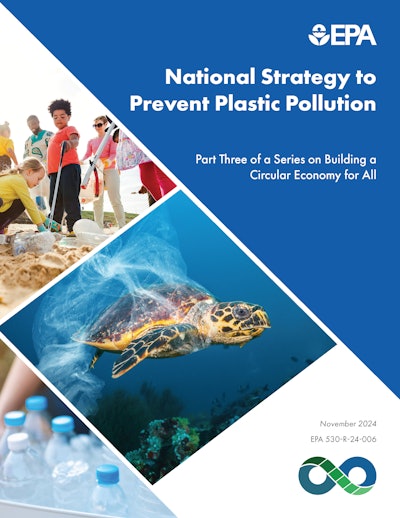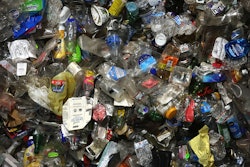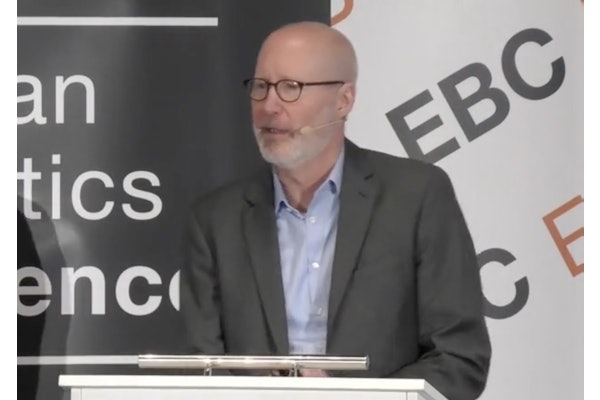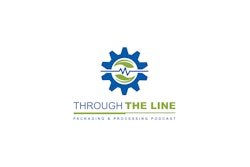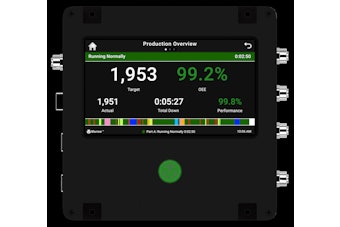4. Role of State and Local Governments:
- Development of state-specific action plans.
- Capacity building and training for local governing bodies to manage plastic waste effectively.
5. Monitoring and Compliance:
- Establishment of monitoring mechanisms for compliance with EPR rules.
- Imposition of penalties for non-compliance to ensure accountability.
6. Circular Economy Approach:
- Promote the recycling and reuse of plastics to reduce reliance on virgin plastic production.
- Strengthen markets for recycled products.
7. Involvement of Informal Waste Sector:
- Integration of informal waste pickers and recyclers into formal waste management systems.
- Provision of training, equipment, and financial support to enhance their role in plastic waste management.
8. Public Awareness and Education:
- Conduct awareness campaigns to educate citizens about the environmental impacts of plastic pollution.
- Foster behavioral change towards waste reduction and recycling.
9. Research and Development:
- Investment in research to develop biodegradable and sustainable alternatives to conventional plastics.
- Support for innovations in plastic waste treatment.
10. Collaboration with Stakeholders:
- Partnerships between government, private sector, and civil society for effective implementation.
- Development of public-private partnerships to enhance infrastructure for plastic waste management.
These measures aim to establish a comprehensive framework for preventing plastic pollution, enhancing resource efficiency, and transitioning toward sustainable practices. Read the full National Strategy for Preventing Plastic Pollution report.
